By Dr. Alex Kumar
Every two minutes, a child dies from malaria, a preventable and curable disease.The first child-friendly antimalarial was launched 10 years ago, and has been instrumental in the fight against the disease in children, the most vulnerable to malaria. But there is still no universal access to treatment and the funding needed to continue this progress has declined.
British global health physician-photographer Dr. Alex Kumar shares images and stories from Kisumu, Kenya, a country that bears one of the world’s highest malaria burdens, through several heroes’ eyes.
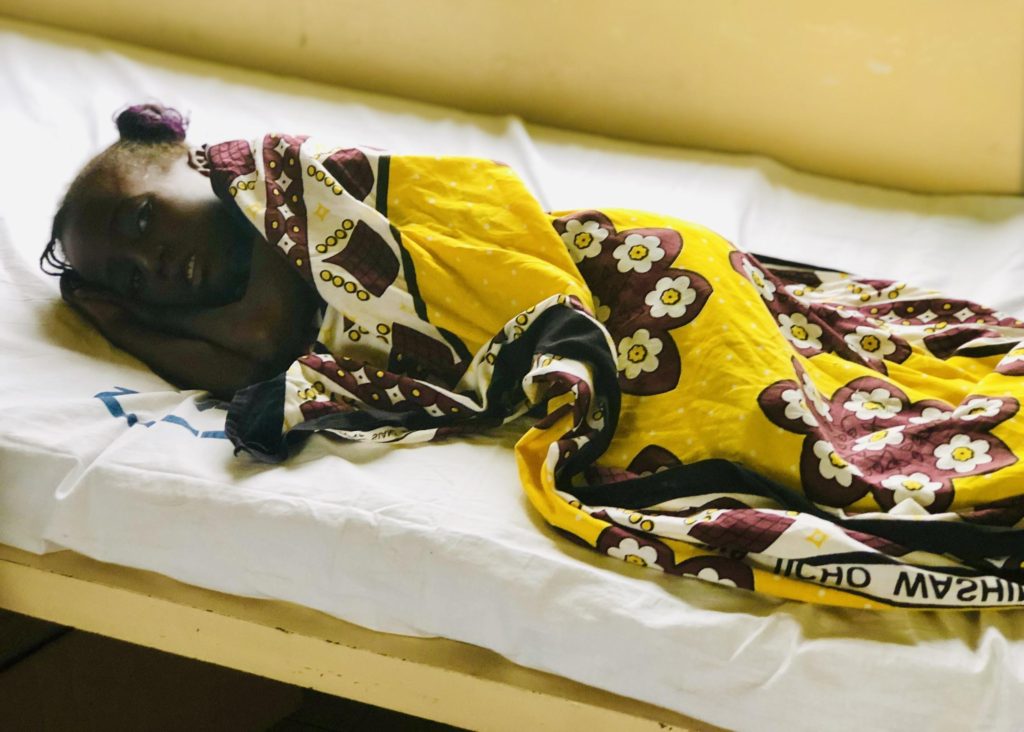
Nicole (pictured above) is lucky to be able to reach the hospital to get treatment. Malaria predominantly impacts children. Despite significant past investment resulting in tremendous progress in combating malaria, 70% of all malaria cases globally are in under five year olds and there is still much work to be done. In Kenya, only a small percentage of children have access to treatment, leaving many without access to child-friendly treatments. We are at a juncture point as progress has slowed down and attention is growing to call for renewed political, public and private commitment.
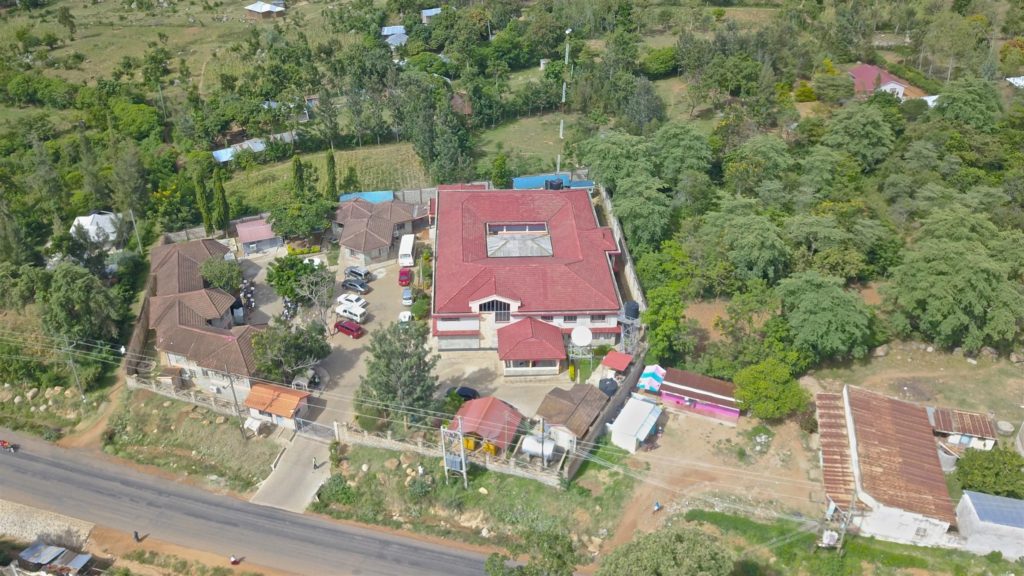
Kisumu in Kenya is historically one of the global malaria hotspots. Research activities conducted in Kisumu, Kombewa and Ahero have highlighted a successful scientific and medical collaboration involving the Ministry of Health, Kenya Medical Research Institute (KEMRI) and US Army Medical Research Unit, Kenya, collectively known as the Walter Reed Project (institute in image). It has flourished, providing a high standard of care to local patients alongside clinical research, contributing to breakthroughs in malaria diagnosis and treatment including for children.
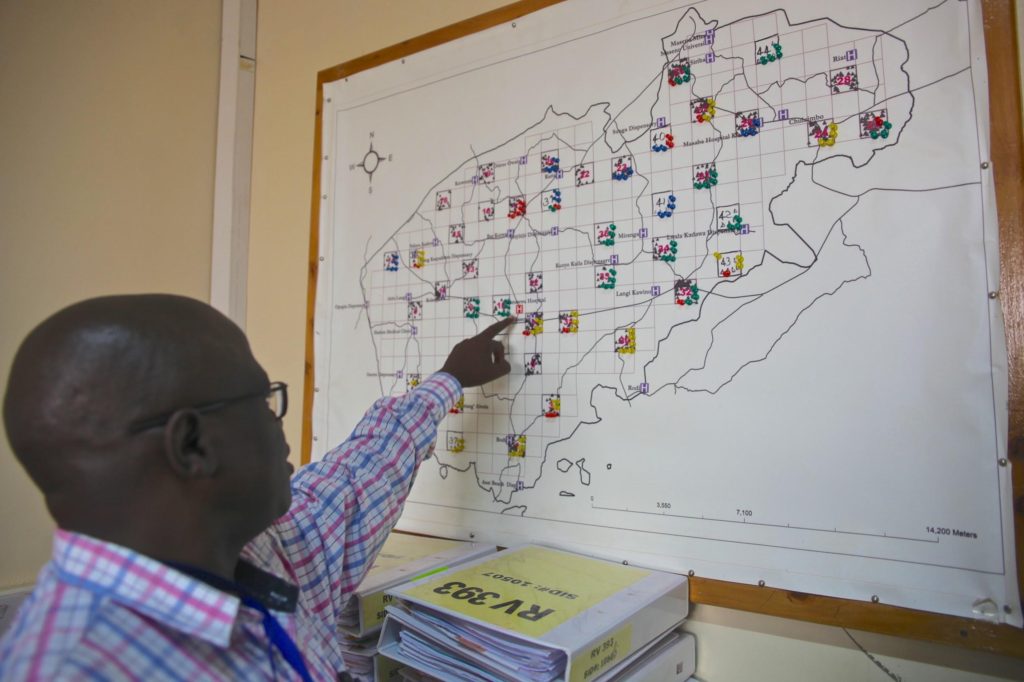
The gold standard treatment for malaria is fixed-dose artemisinin-based combination therapy (ACT). No child formulation was available a decade ago – the bitter tablet for adults had to be crushed to be given to sick children. As a result of a successful public-private partnership, the first child-friendly antimalarial formulation was developed 10 years ago by Novartis and Medicines for Malaria Venture (MMV), a non-governmental organisation.
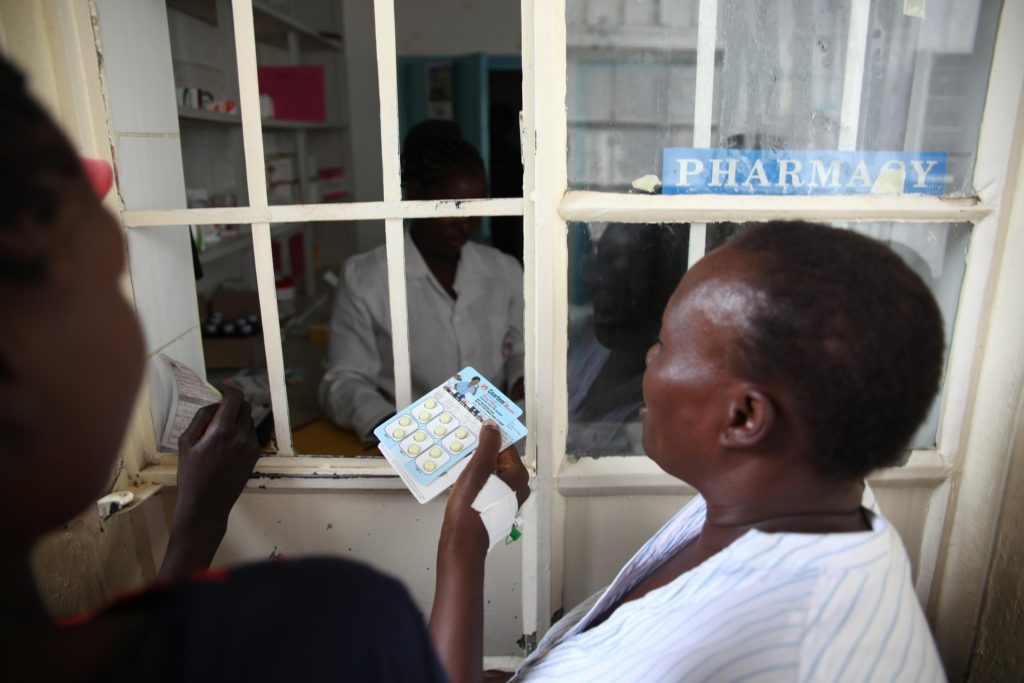
Malaria can be severe and often fatal if early treatment does not start in good time with the appropriate and effective antimalarials. The suffering patients go through is enormous. Severe headache, palpitations, nausea, vomiting, joint pains, etc.
Untreated, the parasites get busy invading and breaking open red blood cells, resulting in weakness, anemia, organ damage and eventually death.
According to Kenyan doctor and Head of East African Cluster for Novartis Social Business Nathan Mulure, who has suffered from malaria many times, “the parasites embark upon a nuclear war against red blood cells with targeted total destruction in a short time. Malaria is one of nature’s real killing machines.”
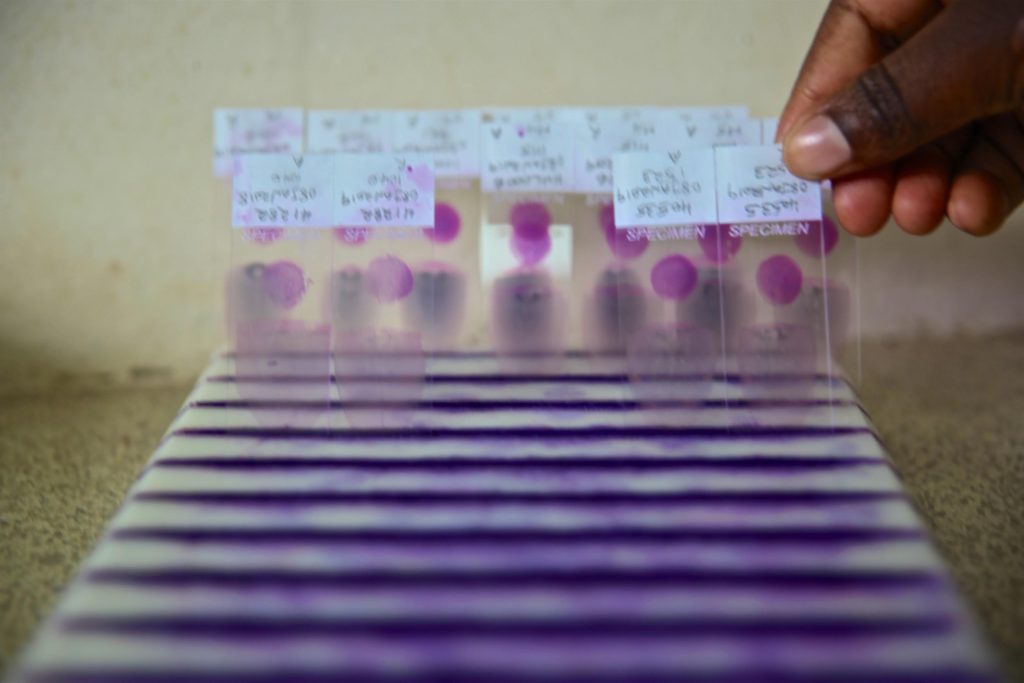
A patient can suffer malaria many times in the year, sometimes even every two months. Across Kenya, more access to diagnostics, treatment and hospital care is needed. Any delays to treatment in malaria can cost lives. Transport is a major barrier for rural patients particularly during Kenya’s rainy season as ambulances cannot reach remote patients.
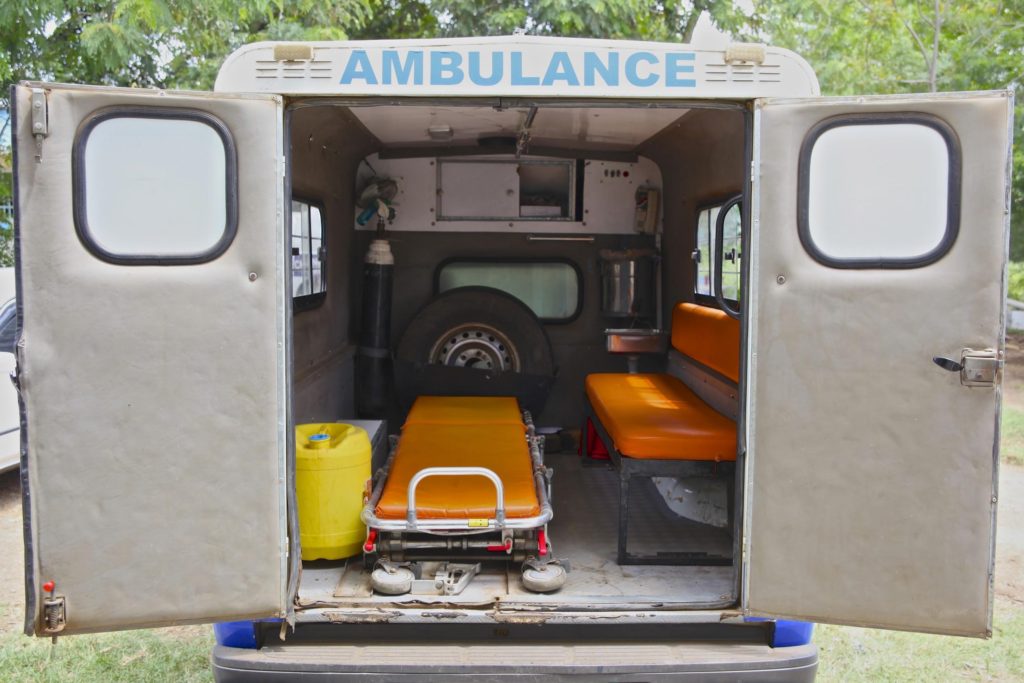
The team at the Kenya Medical Research Institute/Walter Reed Project Clinical Research Center collects blood samples from residents, performs malaria tests, administers drugs, and advises people on how to protect themselves from the disease. Education is a priority to fight not only the disease but even more so, many local and traditional misconceptions about malaria.

Collaboration, friendship and nonstop work. Professor Bernhards Ogutu and doctor Walter Otieno are lifelong friends and have been responsible for the unit’s clinical research in Kenya for more than 20 years. Together, they have witnessed the evolution of malaria management in Kenya and beyond. Passionate about children, they chose to work with the most vulnerable and voiceless patients. To defend their right to access to treatment. Prof Ogutu always says: ”Children are not small adults, they need to be treated differently. They are children!” Professor Ogutu is one of Kenya’s leading paediatricians specialised in malaria. He rapidly went into research and has been involved in many key studies that have continuously changed the face of malaria. He has also mentored many young scientists and developed a strong human resource of next-generation scientists that will carry on with the malaria work, deep into the future.

Dr Walter Otieno is a lead researcher in KEMRI as well as a pediatrician. He has a great inclination to children and is very happy to see them grow healthy in a tough malarious environment. As an experienced research lead, he also dedicates his time to training and teaches the next generation of malaria researchers about ethical standards in research and development and educates patients recruited in clinical trials about malaria. He has been involved in many policy meetings to guide countries in Africa to adopt sound policies and practices in fighting malaria.
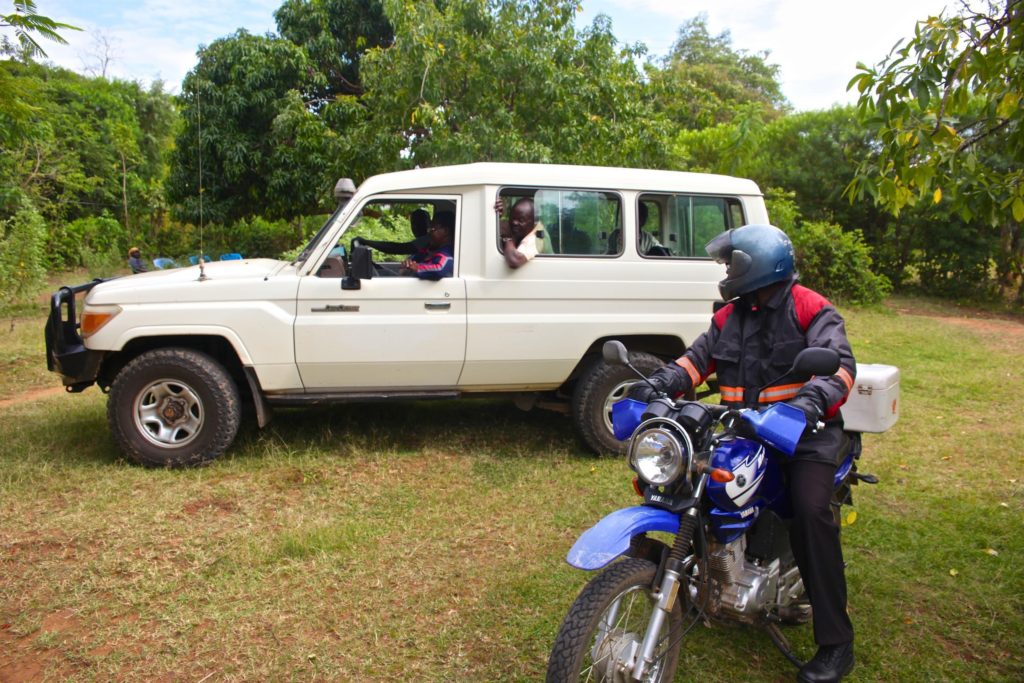
Come rain, wind or bad roads. Samuel Odour, chief of community relations at KEMRI, directs his community outreach team behind the front seat of a 4×4 vehicle. Samuel has had malaria tens of times and tragically lost his own son against the disease. He now dedicates his life to the fight against malaria having spent the years leading the team’s community outreach for surveillance and education. Every day he reminds people they can carry malaria without being symptomatic.

Agnes Akoth Onyango is an experienced head nurse who has been working in the malaria field for around 40 years and has coordinated most of the local clinical trials for new antimalarials. A mother and grandmother, she has been a malaria patient herself and nearly died while pregnant. Sister Agnes says: “In all my years, ACT is the single greatest intervention I have known in our fight against malaria in children”. Although now retired from nursing, she remains active as a disease researcher and lead advocate, as the current Operations Manager at the Ahero Clinical Trials Unit. She knows the value of life and price of treating or not treating malaria.

In 2003, a child died every 30 seconds from malaria. Now a child dies every two minutes. Despite great progress since paediatric ACTs are available, there is still a large unmet need globally, where children suffering from malaria remain without access to the paediatric formulation. Based on the success of their partnership, MMV and Novartis are now developing next-generation antimalarials for children in the ongoing battle to fight malaria.
Photos by : Alexander Kumar/Global Health Creative













